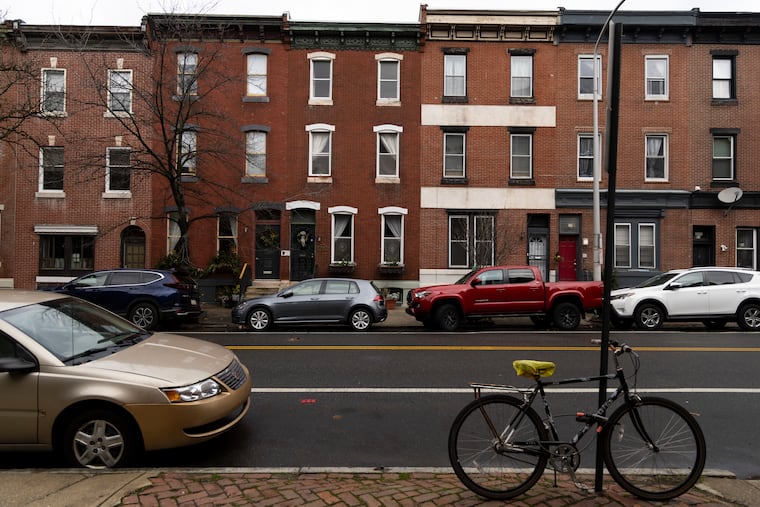Mayor launches age-friendly housing initiative supported by AARP.
In Philadelphia, individuals aged 50 and older share a common aspiration: the desire for independence and dignity in their chosen communities. For many of these residents, their homes represent not just a place filled with memories, but also their most significant financial asset. According to recent data, nearly 75% of adults over 50 in Philadelphia own their homes, and for a substantial number, home equity constitutes over half of their net worth. Nationally, research from the U.S. Census Bureau indicates that more than 85% of older adults prefer to remain in their residences as they age, a preference that resonates strongly within the local population.
However, the reality in Philadelphia poses challenges. More than half of the homeowners aged 50 and above live in structures that are over 60 years old. This reality can lead to heightened maintenance costs, safety risks, and accessibility concerns, as highlighted by findings from the SeniorLAW Center. Additionally, nearly 30% of older Philadelphians live alone, amplifying the need for safe and supportive environments that promote independent living.
Addressing these issues, initiatives like AARP have advocated for the introduction of more affordable housing options that provide diverse living arrangements which cater to individuals across generations. Recent zoning reforms in Philadelphia, particularly the H.O.M.E. (Housing Opportunities Made Easy) initiative spearheaded by Mayor Cherelle L. Parker, aim to facilitate such outcomes. These reforms represent a strategic approach to creating housing choices suited for those aged 50 and over, including the development of duplexes and rowhouses in neighborhoods well-serviced by public transit.
The successful implementation of these zoning reforms is crucial. For older Philadelphians looking to downsize while remaining close to family, the reforms promote “gentle density.” This approach involves the introduction of small-scale missing middle housing types, such as duplexes and accessory dwelling units, into existing neighborhoods in a manner that respects their character and community values.
Supported by a commitment of billion, including 0 million from city bonds and an additional 0 million from various sources, the H.O.M.E initiative aspires to construct or preserve 30,000 housing units while offering protections against complications such as “tangled title” scams, which can hinder older homeowners from accessing crucial home repair programs and property tax relief.
Given that many seniors in Philadelphia are on fixed incomes and increasingly burdened by rising property taxes, rent hikes, and maintenance costs, these reforms are critical. A recent Pew survey noted that nearly 35% of older Philadelphians are living at or near the poverty level. The city’s budget for fiscal year 2026 now includes significant allocations for housing support, including .25 million for home repairs and preservation, and .25 million for rent subsidies.
AARP advocates for measures that ensure no resident faces the dilemma of choosing between essential needs such as medication or groceries and housing costs. This ongoing effort encompasses emergency relief funds for at-risk renters and homeowners, along with transparency measures to protect vulnerable older adults from predatory housing practices.
Ultimately, livable communities extend beyond just providing shelter; they encompass accessible transportation and inclusive public spaces. With financial support for low-income transit riders and initiatives aimed at enhancing pedestrian safety, Philadelphia is making strides toward a vision that aligns with AARP’s goal of fostering environments where individuals of all ages can thrive as they navigate the aging process.
Media News Source







